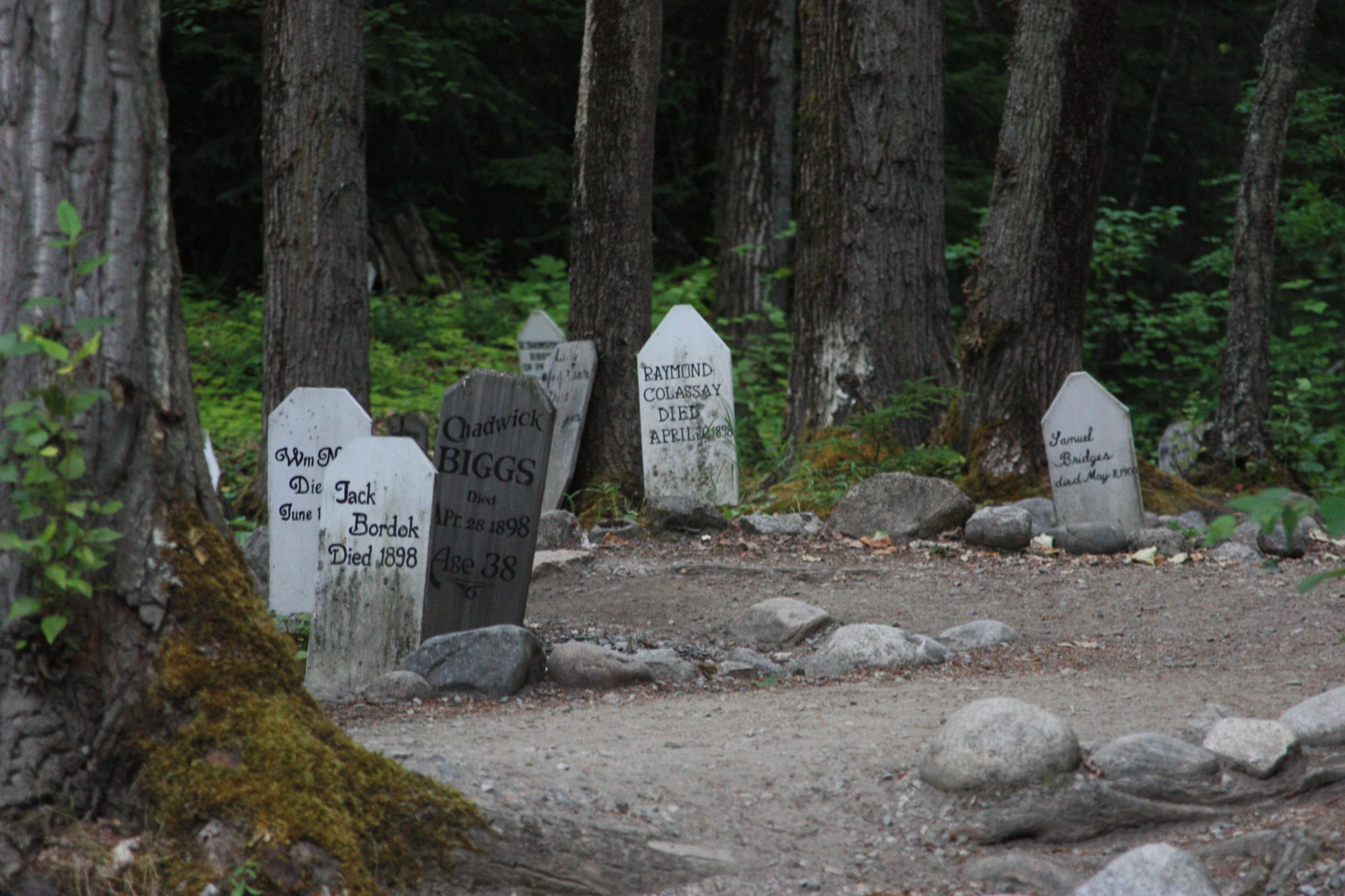There is a wonderful story about Rebecca and Solomon Schuldenfrei. Their great great granddaughter tells it best and you can read it in its entirety by following the link below.
“Rebecca Schuldenfrei was born in 1863 near Krakow in the Austro-Hungarian empire. At a young age she immigrated to America and lived most of her life in New York. In 1897 her husband, Solomon decided to set out to the Klondike with a business partner in search of gold. As the trip rapidly approached, the partner decided he could not leave his business and backed out. Becci, concerned that her husband was not tough enough for the wilds of the Yukon, would not let him go off alone and decided to come along. The couple had three children and, in a move very uncommon to mothers of her day, Rebecca left them in the care of her sister and joined her husband as a partner on his adventure. Having never lived outside a city, both Sol and Becci had no way of knowing what kind of dangers they faced. They went for practical reasons: Sol’s business had not been very successful, but they must have had some sense of adventure or else they would not have taken all the risks they did. Most of what is known about Rebecca Schuldenfrei comes from the numerous letters she wrote to her sister and her children during the entire trip. Where these letters are quoted, her spelling and grammar is used. Whether what she says is completely accurate or whether it was appropriately filtered for her readers is unknown. What the letters definitely show is an incredible journey of a urban woman in the wilderness of the Yukon.
All the knowledge Becci and Sol could have had of the Yukon was gained from newspapers and stories. They brought what they guessed they would need, but they had no sure way of telling. They were outfitted by a company known as Cooper & Levy. Mrs. Cooper, wife of one of the owners, came out to the shop to see “the lady who goes to Klondike in a silk skirt” (Sept. 5, 1897). Becci was gaining a reputation. Sol had to be talked into buying a gun as the couple knew nothing about handling weapons. They had to buy a year’s worth of supplies which would end up costing them hundreds of dollars to transport. However, due to the enormous inflation in the Klondike, the more supplies one brought, the better.”
The one curious fact that I had from a different source was that Sol paid the Indian guides $700 to pack their canoe with Rebecca inside of it, over the Chilkoot Pass. What a guy!!!
“Having practically no money when they arrived, Becci decided to open a restaurant for a few months until her husband could get a claim. On October 19, Becci wrote, “Just at present things do not look so bright here as they are pictured in the newspapers…this beautiful Klondike is only good for very strong and hardworking miners, as any one, who is not brought up from childhood to the hardest kind of labor, is of no earthly use here.”
They are pictured above.
http://www.s-i-inc.com/women2.htm





